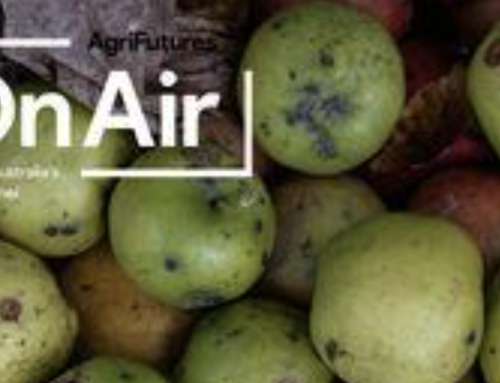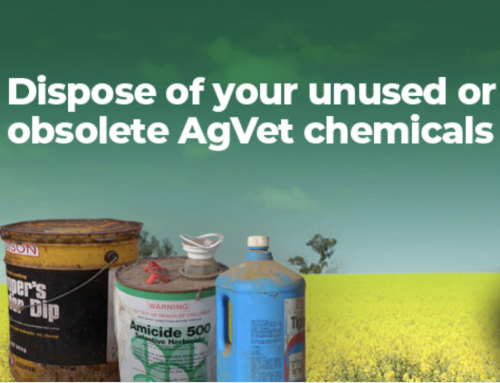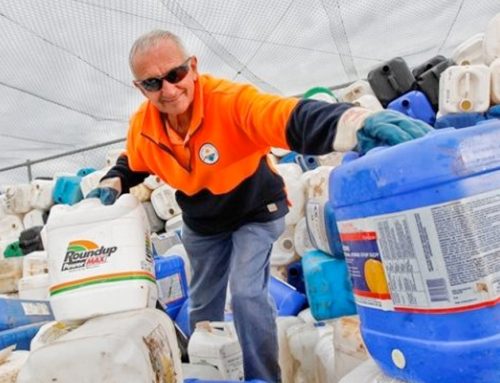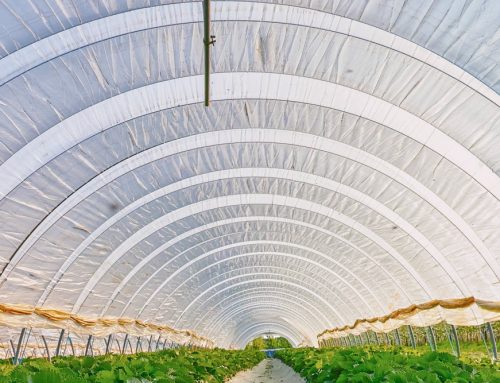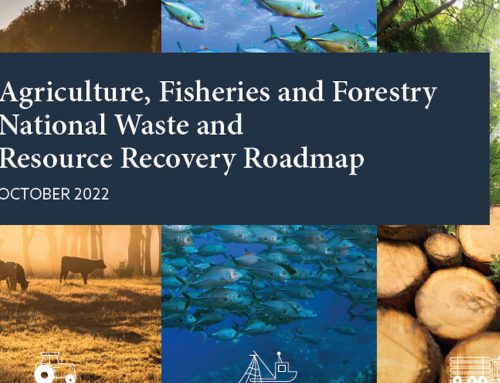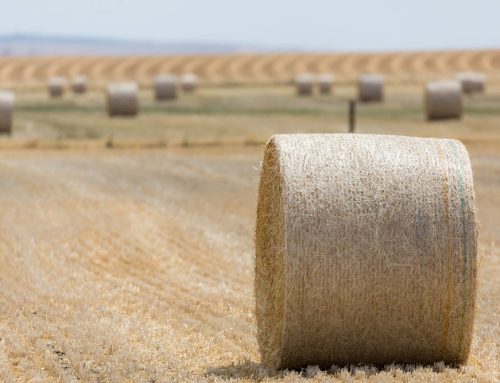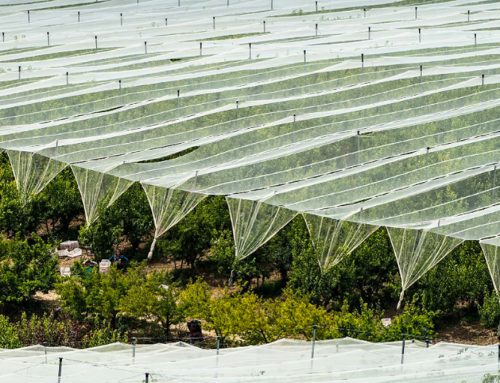Australia’s agriculture, fisheries and forestry sector is making inroads to reduce its waste footprint and align with Australia’s National Waste Policy. Investment in a range of projects as part of AgriFutures Australia’s Pre-Farm Gate Waste Program has delivered insight to inform strategies and investment across rural industries, and set a baseline for future data collection to support waste management activities.
All wastes generated by agriculture, fisheries and farm-forestry operations now need to be considered within the context of a circular economy by placing value on resources for as long as possible within the waste resources’ lifetimes. Within the circular economy model, waste policy incorporates the waste hierarchy, which has been adopted by most Australian states and territories, and the Australian Government as a means to minimise the generation of unnecessary waste and improve resource recovery. The waste hierarchy and the principles of the National Waste Policy can inform options and solutions to enable circular economy principles to be adopted by stakeholders to manage and reduce waste.
This report, produced by Murrang Earth Sciences, focuses on understanding the issues stakeholders have in managing workshop waste and how to improve its management. Difficult-to-manage workshop wastes include oil, chemicals and their containers, batteries, metal, broken tools, and machinery. The research found there are workshop waste management opportunities and relevant product stewardship schemes already occurring in Australia, and these have viable potential to be utilised by agriculture, fisheries and forestry stakeholders.


